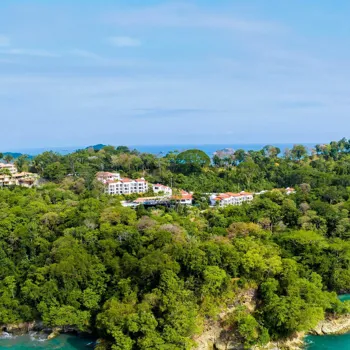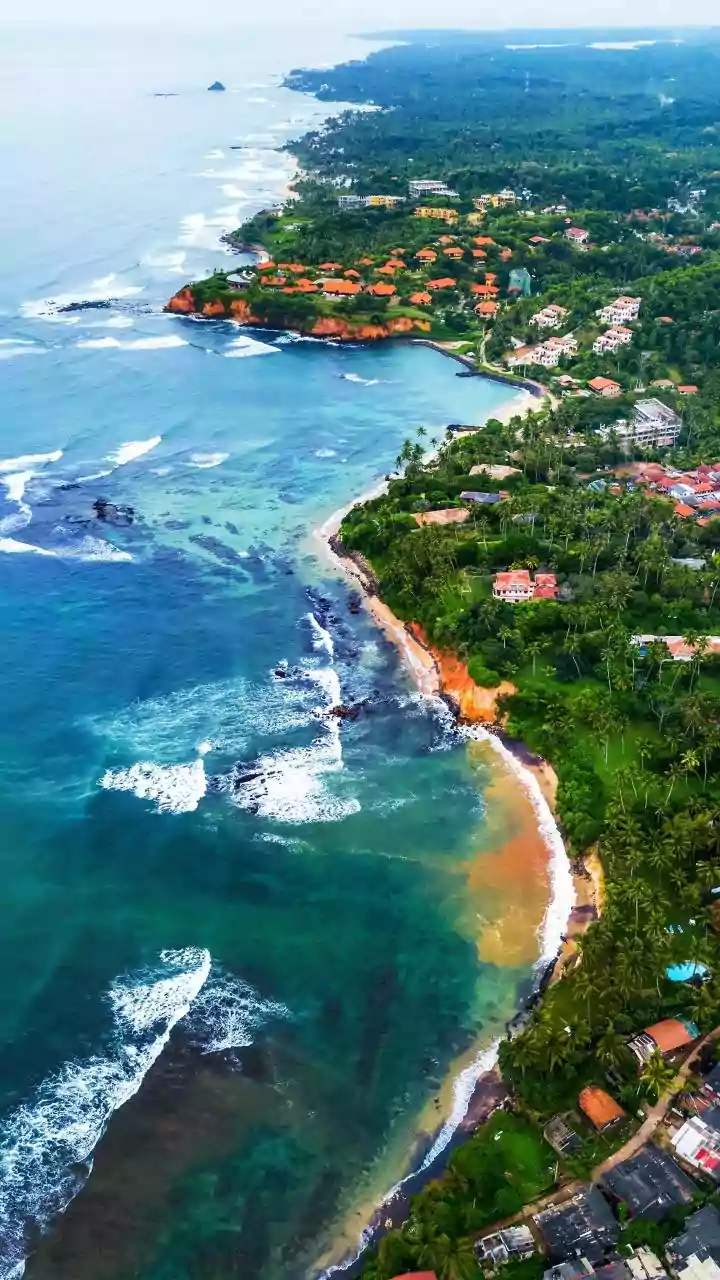Explore Bharat Darshan Responsibly: 10 Tips to Minimize Your Impact on the Environment and Local Communities
Traveling is a fantastic opportunity, isn't it? Discovering new places, soaking in different
cultures, and making memories that last a lifetime. But with great travel comes great responsibility, my friend!
It's important to remember that our journeys have an impact on the environment and the local communities we visit. So, how can we explore India (or anywhere else, for that matter!) responsibly and minimize our footprint?
Don't worry, we've got you covered with these 10 tips that will make you a conscious and considerate traveler.
Pack Light, Travel Right:
Think about it – the heavier your luggage, the more fuel the airplane or train needs to consume. So, pack only what you absolutely need. Roll your clothes instead of folding them to save space. Choose versatile clothing items that can be mixed and matched.

And remember those travel-sized toiletries! Not only will you reduce your luggage weight, but you'll also avoid contributing to unnecessary plastic waste from large shampoo bottles. A lighter bag is easier to carry, saving you back pain and airport hassles.
It also leaves room for those unique souvenirs you might find along the way! Plus, less time spent wrestling with luggage means more time exploring those beautiful destinations. Always ensure your bag is well packed and has enough room for things you buy.
Choose Eco-Friendly Transportation:
Whenever possible, opt for modes of transport that are kinder to the environment. Instead of flying short distances, consider taking a train or bus. Within cities, walk, cycle, or use public transport.
Not only will you reduce your carbon footprint, but you'll also get a more authentic experience of the place. Imagine cycling through the streets of Jaipur, feeling the breeze on your face, and discovering hidden gems along the way!
Or taking a local bus in Goa, surrounded by the chatter of locals and the vibrant colours of the landscape. These experiences are far more enriching than simply hopping into a taxi. Choosing to be aware reduces your damage.
Support Local Businesses:
Instead of relying on big international chains, try to support local businesses. Stay in locally owned guesthouses, eat at family-run restaurants, and buy souvenirs from local artisans. This way, your money stays within the community and helps to support their livelihoods.
Think about it: that beautiful handloom saree you bought directly from a weaver in Varanasi is not just a souvenir, it's a contribution to preserving a traditional craft and supporting a family's livelihood.
Similarly, that delicious thali you enjoyed at a small, family-run restaurant in Rajasthan is not just a meal, it's a taste of authentic local culture and a boost to the local economy.
Conserve Water and Energy:
This one seems obvious, but it's often overlooked. Be mindful of your water and energy usage, especially in areas where resources are scarce. Turn off the lights and AC when you leave your hotel room, take shorter showers, and avoid wasting water.
Remember, even small actions can make a big difference. In hilly areas, they usually have water problems and due to scarcity we need to use water as responsibly as possible. As a visitor our responsibilty increases as we are from a place which is not facing the problem.
Reduce, Reuse, Recycle:
Embrace the three R's wherever you go. Carry a reusable water bottle and refill it instead of buying plastic bottles. Use a reusable shopping bag to avoid taking plastic bags from shops. And recycle whenever possible. Many places now have recycling bins, so make use of them.
Remember that every small effort counts towards reducing waste and protecting the environment. Pack your own bags and carry them wherever you go. Use water bottles made of steel or alloy, so they last longer and are better for the environment. Try to reduce using single use plastics.
Respect Local Customs and Traditions:
Before you travel to a new place, take some time to learn about its culture and customs. Dress modestly when visiting religious sites, be mindful of local etiquette, and ask permission before taking photographs of people.
Showing respect for local culture is not only polite, but it also enriches your travel experience. Imagine learning a few basic phrases in the local language before you go.
Even a simple "Namaste" or "Dhanyavaad" can go a long way in building rapport with locals and showing that you are making an effort to understand their culture. Its important that you respect their feelings and traditions.
Avoid Single-Use Plastics:
Plastic pollution is a major problem plaguing our planet. As a traveler, you can help to reduce it by avoiding single-use plastics whenever possible. Say no to plastic straws, carry your own reusable cutlery, and avoid buying products that are heavily packaged in plastic.
Every little bit helps to reduce the amount of plastic waste that ends up in our oceans and landfills. Switch to bamboo toothbrush, and avoid using plastic plates rather carry your own.
Leave No Trace:
This is a fundamental principle of responsible travel. Always leave a place as you found it, or even better. Don't litter, don't damage natural resources, and don't disturb wildlife. If you're hiking, stay on marked trails and pack out everything you pack in.

Remember, we are just visitors in these places, and it's our responsibility to protect them for future generations. Do not write on the walls or litter the water bodies. Ensure you do not play loud music which might cause disturbance for the local residents and animals.
Educate Yourself and Others:
The more you learn about responsible travel practices, the better equipped you'll be to make a positive impact. Read books, articles, and blogs about sustainable tourism. Share your knowledge with others and encourage them to travel responsibly too.
Together, we can create a world where travel is not just about seeing new places, but also about protecting them. Education is not just learning, its also spreading the knowledge you have gained with others.
Be a Responsible Tourist:
Being a responsible tourist means being mindful of your impact on the environment, the local communities, and the cultural heritage of the places you visit. It means making conscious choices that minimize your negative impact and maximize your positive contribution.

It means being respectful, considerate, and open-minded. And it means remembering that travel is a privilege, not a right. We should be thankful that we get to experience and see so many beautiful places.




















